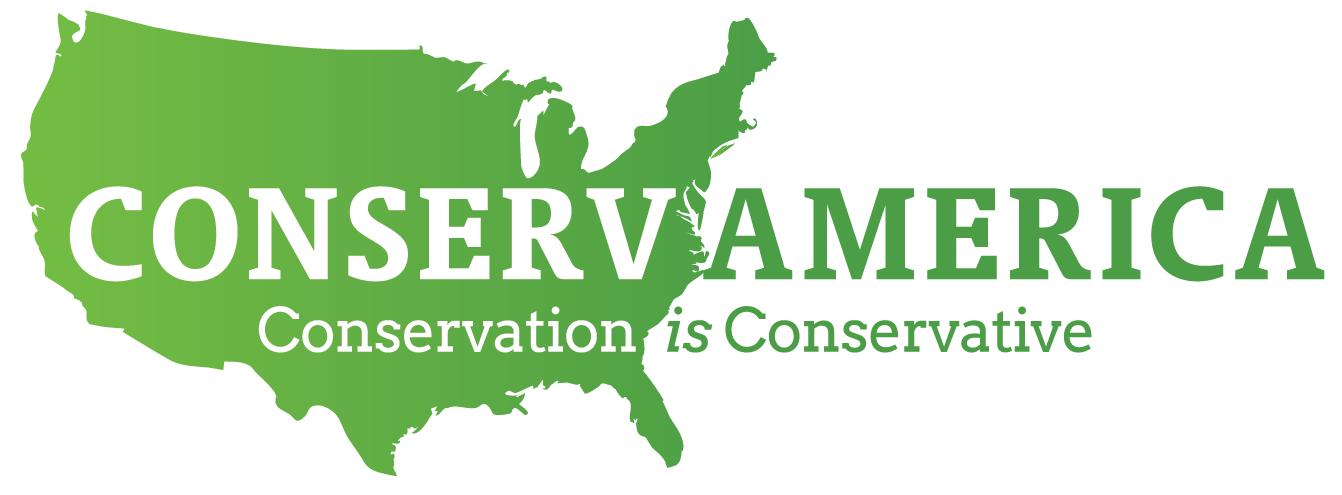H.R. 1, the Lower Energy Costs Act, Headed to the House Floor
Earlier this month, Speaker Kevin McCarthy (R-CA) announced that the Lower Energy Costs Act would be designated H.R. 1 for the 118th Congress (a bill number traditionally reserved by the Speaker for priority legislation). This legislation, introduced by Majority Leader Steve Scalise (R-LA), focuses on two main priorities: increasing the production of American energy and reducing the regulatory burdens that slow project development. The legislative package is expected to come to the House floor for a vote later this week.
The bill’s main architects include Roosevelt Congressional Caucus members Reps. Bruce Westerman, Cathy McMorris Rodgers, Garrett Graves, and Pete Stauber. The bill has more than 40 cosponsors and includes various pieces of legislation that Republican members have been working on through three committees: Energy and Commerce, Natural Resources, and Transportation and Infrastructure.
H.R. 1 is based on three core bills:
1) H.R. 9087 (introduced by Rep. Bruce Westerman, R-AR) - Transparency and Production of American Energy Act of 2023
Restarts onshore and offshore oil and gas leasing, streamlines permitting for energy infrastructure, and ensures transparency and accountability in the processes governing energy development.
2) H.R. 2515 (introduced by Rep. Garrett Graves, R-LA) - Building United States Infrastructure through Limited Delays and Efficient Reviews Act of 2023
Amends the National Environmental Policy Act of 1969 to clarify ambiguous provisions, align the Act with relevant case law, reflect modern technologies, optimize interagency coordination, and facilitate a more efficient, effective, and timely environmental review process.
3) H.R. 209 (introduced by Rep. Pete Stauber, R-MN) - Permitting for Mining Needs Act of 2023
Streamlines and provides expedited permit reviews related to the development of critical mineral resources and associated refining and process facilities
Overall, H.R. 1 embraces policy reforms that would help increase the production, processing, and distribution of affordable, reliable energy. This legislation seeks to enable energy and mineral resource development on federal lands and waters; secure and diversify supply chains, including critical mineral resource needs; and make reforms that promote the development of energy technologies, infrastructure, and exports. Importantly, the bill focuses extensively on provisions that provide transparency, efficiency, and predictability to the federal project approval process by establishing deadlines and other requirements for such actions.
Though this Republican-sponsored package will pass the House, its prospects with the Senate’s Democrat majority are less certain. While the two parties do not see eye-to-eye on many specifics, certain provisions have bipartisan appeal. As the nation struggles to accelerate clean energy development due to the “red tape” associated with federal project approval processes, permitting reform has increasing support. Senate Democrats, led by Sen. Manchin (D-WV), floated a permitting reform proposal during the last Congress, and the White House has signaled an interest in streamlined environmental reviews. Consequently, the reforms embedded in H.R. 1 should provide a strong basis for bipartisan compromise in the future.
